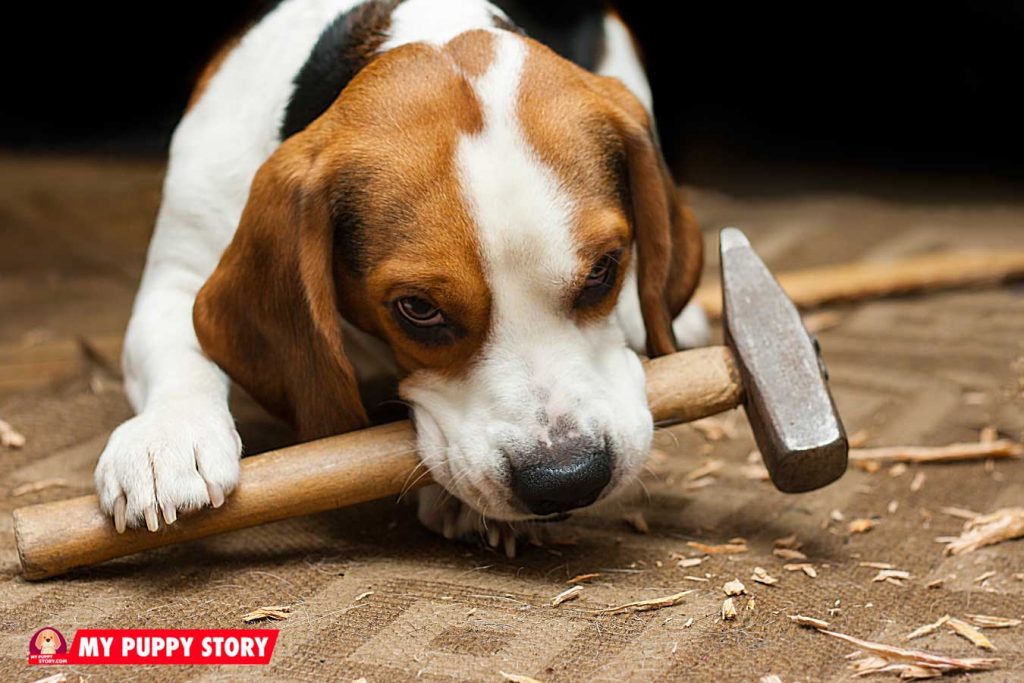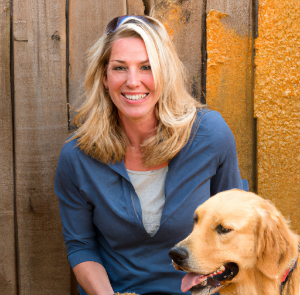
Dogs can be great pets. They are loyal, affectionate, protective and truly lovable creatures. There is no reason that you shouldn’t consider getting a dog as a pet. Those who have had the privilege of such an experience would know that chewing issues, a common problem that might be experienced with pet dogs, is one that might actually be caused by teething. Chewing inappropriate things is a very common complaint found among dog owners. So the question is, why does your dog feel the need to chew at your brand new shoes, and can you stop it from happening?
There are a bunch of reasons that your dog has chewing issues, one of which is decided when your dog is a puppy. Puppies are naturally fond of chewing things as a way to experience the world and all that is new to them. At this point in their lives, chewing is a natural thing as growing teeth can be painful and chewing can often alleviate the pain; overall, it is not much of a cause for concern. However, if the problem remains untreated it can lead to your dog adopting bad chewing habits in the long term, which is one of the reasons that fully grown dogs chew and damage things.
Other reasons that your dog might be chewing at inappropriate objects could be separation anxiety. If your dog chews an object he shouldn’t otherwise be snacking on, try to notice when this occurs. If it happens during the periods of time when you are away from him it might be due to separation anxiety.
Sometimes inappropriate chewing can be a response to boredom. If the dog has too much energy and not a lot of places to use it, then he is likely to react by getting at some of your stuff in a way you don’t really want.
Also, don’t completely disclude the idea that your dog might have a medical problem which is causing him to sporadically chew items inappropriately.
Last but not least, don’t discount the instinct that a dog has. All dogs like to chew; although excessive chewing is not necessarily normal. So these were a few reasons why chewing problems are faced by so many owners and to answer the second part of the question, yes there are certain measures that can be taken to stop it from happening.

When trying to decide how to go about limiting your dogs chewing habits it’s important to note what the reason for his chewing problems is. If it is something he is learning to do habitually as a puppy then prevention is probably the best cure.
One of the most common rules to prevent inappropriate chewing is to identify it and if the dog is chewing an object in front of you, try to replace it with a chew toy. Keeping a chew toy clean and ready at a time like this can really be helpful. Sometimes dogs can have certain times of day that they like to chew so introducing a chew toy to them then can be very useful.
Another method is to use ill tasting sprays that are available on the market (specific to repelling dogs as to keep them safe). These repellants can help condition the dog to be negatively reinforced at the thought of wanting to chew the objects so that he will be repulsed by the items instead.
If your dog does chews your things because he is bored you need to make sure he uses up all that extra energy he has accumulated. Take him for a walk or play with him to ensure that some exercise is happening and that the dog is calm and relaxed so that he doesn’t want to chew anything.
If your dog is experiencing separation anxiety you should be careful to make sure you cater for it. Take him to the vet for some advice on how to handle the situation. Moreover be sure to leave the dog resting and calm when you leave, something that can be achieved if you take him for a walk before you go. There is a ‘no touch, no talk and no eye contact’ rule that is meant to ensure that you do not leave the house with your dog feeling excited.
Remember, whatever corrective steps you take, be calm and kind to your dog. Patience will be rewarded with positive responses. If you do not keep your cool, your dog will not reciprocate the way you want him to. Also be sure to recognize that there are inhumane ways to tackle any issues you have with your dog and all of these are wrong and should be completely shunned and avoided. Treat your dog like your loved pet and he will respond with double the love.

Prevention can only take place if you get ahead of the problem. Many a times, as the chewing issues are tied to the dog’s infancy, it is necessary to put measures in place as early as that. Even as a puppy, excessive chewing is bad so if you find your dog experiencing it, mention in to your physician and rule out any medical emergencies that might be causing your puppy to chew inappropriately.
When bringing a puppy into your home you must puppy proof your home. Puppies are inquisitive by nature and will look around every corner of your house for things to bite on. Get rid of any dangerous plants, toxic substances and electronic materials that might be potentially harmful for your puppy if ingested.
Try to provide as many chewing toys to your dog as early on as possible. The puppy will decide which toy he likes best, just make sure that it is there and he can use it in case he has the urge to chew something (as discussed, teething means puppies will have an urge to chew on something at sometime). Praise your dog when he chews on these objects. Try not to encourage the puppy to chew on all kinds of bones, as some can break and remain stuck in the puppy’s throat. Also, don’t choose anything too big for the dog to chew as ambitious dogs can harm themselves in such cases.
Early discouragement of inappropriate chewing can also help make sure it is not a habit in the long term. This can also include using repellants that have been previously featured as a method of overcoming chewing issues as well. Exercising was also previously mentioned in such a context and is one of the things that can help prevent and overcome chewing issues.
The way to look at it is if your dog has chewing issues and is a puppy then remedying it as early as you can is your best bet or else it will linger on till adulthood. On the other hand if your dog exhibits such traits in adulthood then try finding out what the cause is as this will determine how to deal with the issue. Interestingly there is a cross section between some of the methods that can be used to overcome chewing issues with your dog after they manifest and the steps you can take before which are entirely preventative. Try looking at a combination of a few methods to achieve good results and remember to be patient with your dog. You may be able to buy another pair of those shoes, but you won’t be able to find another canine friend quite like the one you have.
